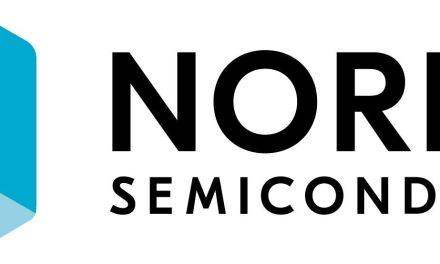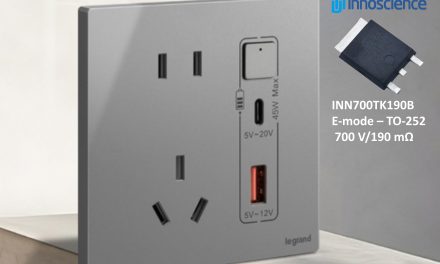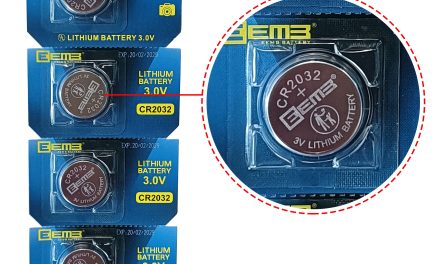A so-called world-record 9.1 percent efficient polymer/ fullerene organic solar cell has been achieved by Polyera Corp.
The design integrates inverted bulk heterojunction architecture using the company’s PV2000 semiconductor material.
The high-efficiency is a big breakthrough in organic solar cell technology, in particular for large-scale manufacturing of cost effective, lightweight, flexible, and optically semi-transparent solar modules.
Solar power is gradually becoming more affordable in-line with traditional mainstream energy sources such as oil and coal, but to make it more cost competitive, still requires cost of materials to be driven down further along with manufacturing, and installation.
Organic solar cells are well suited to address these issues due to their potential to be manufactured for large areas at high-speeds on lightweight substrates like plastic; but still require further increases in efficiency and operational lifetime to be truly cost-competitive, with traditional energy sources.
However, in the short-term, other properties unique to organic solar cells – such as the ability to be light, flexible, and optically semi-transparent – make them ideal for use in architectural or other design areas.
This includes windows that also act as solar panels or for use in office buildings or cars, where other energy technologies are generally infeasible.
The key challenge then, is enabling efficient enough organic solar technology that can also be cost-effectively and reliably manufactured on an industrial scale.
The results from Polyera are a significant step in this direction.
Polyera




